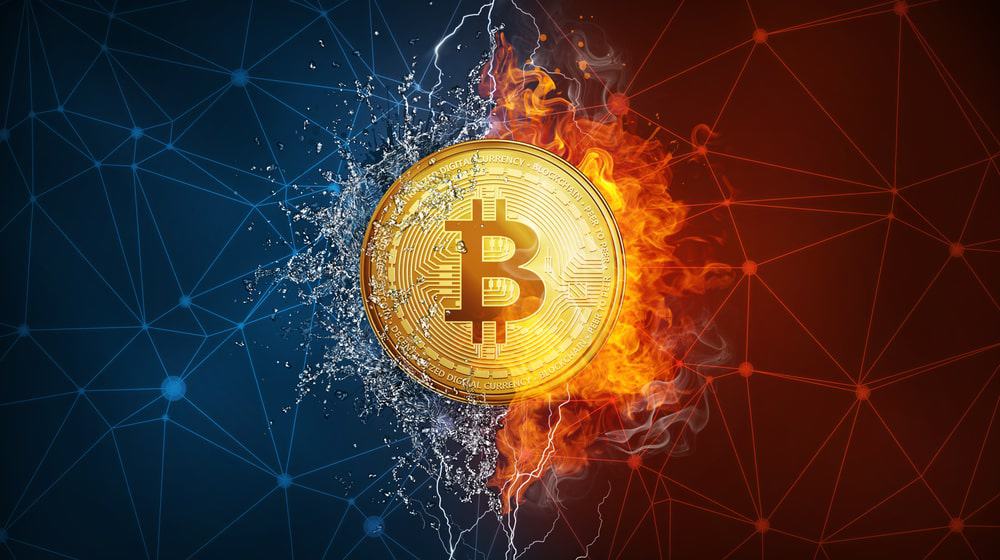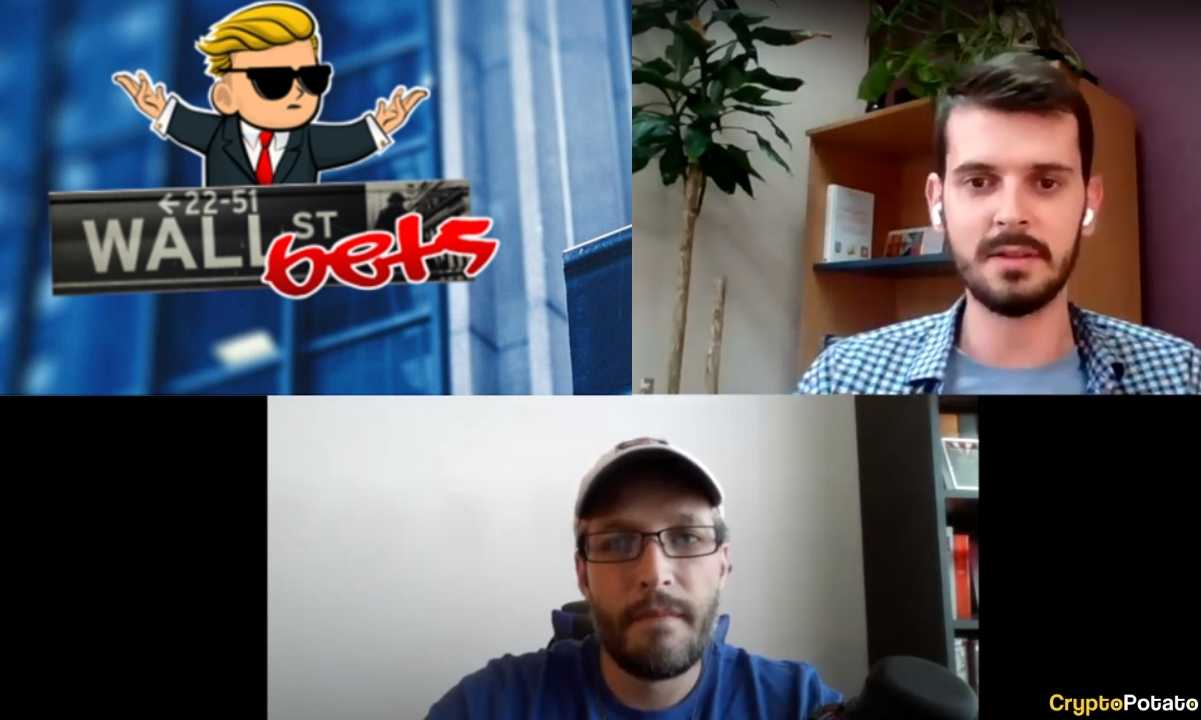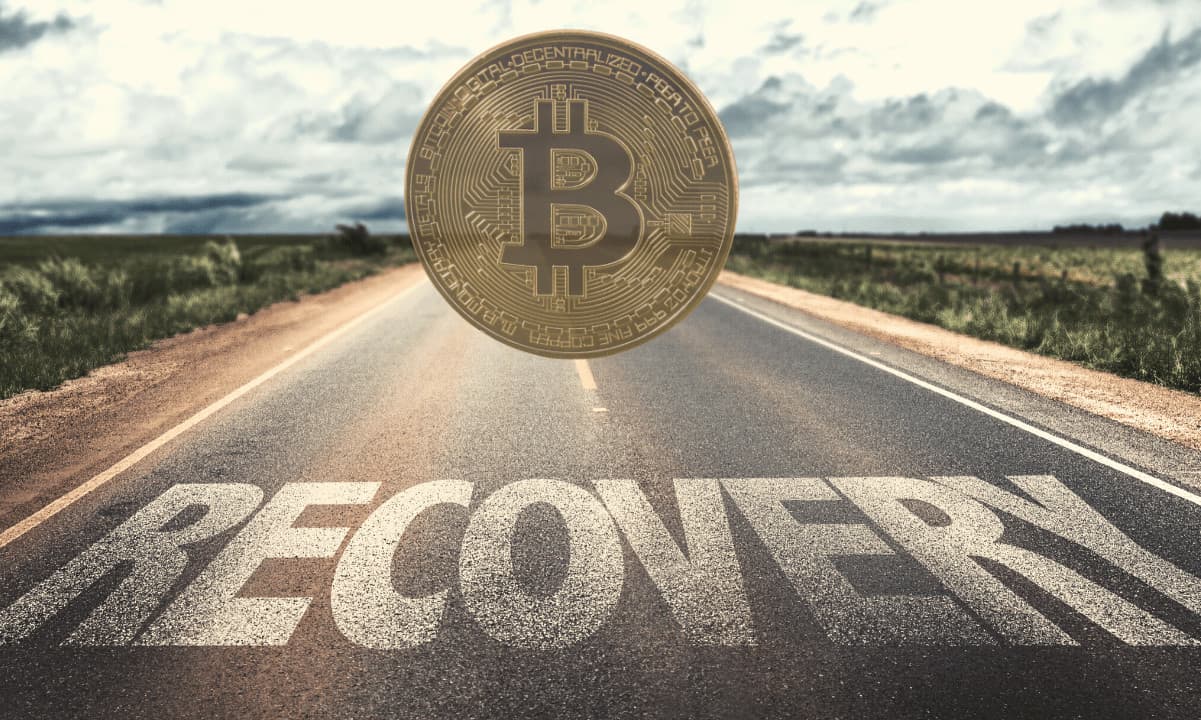It’s Like Email on the Internet: Enjin’s CTO Talks About Blockchain Gaming (Podcast)
Enjin is one of the leading projects involved in the currently booming play-to-earn and metaverse space.
In Layman’s terms, Enjin helps teams tokenize all aspects of their digital journey. In essence, the project provides an ecosystem of blockchain-based gaming products that are interconnected. Its flagship offering is the Enjin Network.
With this said, the entire project is garnering massive attention and is coming to serious prominence as of late because of the recently booming play-to-earn space, as well as all the hype surrounding the metaverse concept.
In this interview, we sit with Witek Radomski, the CTO of Enjin – a long-term cryptocurrency proponent, an early adopter, the author of Ethereum Improvement Proposal 1155. We discussed many exciting topics, including Enjin’s focus, the current hype behind the P2E space, and what’s the metaverse all about.
From Bitcoin to Ethereum and Enjin
Radomski revealed that he first heard about Bitcoin back in 2011-2012 from a friend who “is a sort of futurist guy.” Ironically, he shared how his friend was all fired up about its whitepaper and how “one day it will be on par with the dollar.”
The price back then was a lot less. It’s funny how things progressed in retrospect. At this point, he checked it out but wasn’t really impressed with the overall UX.
“I went on and installed the Bitcoin QT and it was that really crappy experience. I thought – who’s going to use? It looked like just another one of these digital cash coins.”
Radomski admits that back then, he didn’t really read the whitepaper – admittedly, a mistake. However, even at that time, he noticed that many people were buying graphic cards to mine Bitcoin, which is when he started learning more about it and becoming a part of the community.
Even then, though, he expressed interest in capabilities that are really similar to what Ethereum smart contracts are now. It wasn’t until 2013 that he got really involved, and he revealed that the concept of Ethereum was particularly mind-blowing to him.
“Ethereum’s concept was pretty mind-blowing when I first heard about it. I still didn’t understand ICOs.”
The Enjin CTO said that he was thinking about writing smart contracts and what Ethereum did was revolutionary. This seems to be the reason for which the transition towards the smart contract community happened seamlessly. However, he also told us that Enjin back then was a company trying to put interconnect gaming guilds and online clans, providing server solutions, and whatnot, and were among the first the introduce BTC payments.
Enjin and Efinity: A Foray into Blockchain Gaming
As explained earlier, Enjin’s goal is to enable anyone to tokenize every part of their digital journey without hiring an entire team to do so.
“Our end goal is for when people go into a virtual universe or the metaverse or a game, they can send and receive tokens, they have a digital identity that will have their assets and they can persist this for thousands of years because blockchain is not going to shut it down.” according to Radomski.
He also gave a very clear and painful (for many gamers) reference where a lot of the games that he played back in the days are already shut down.
“All that time I spent in the games – all that is deleted, it’s gone. I would love to have, even just for nostalgia value, but to have my whole digital history persist with me… […] Blockchain lets you have that kind of thing and it gives you full control over your assets. All that time and effort and money you put into the game stays with you.”
As CryptoPotato reported earlier in November, Enjin launched a $100M fund to tap into the Metaverse realm and support teams building in it.
Speaking on it, Witek said:
“We want game developers who are experimenting with interesting ideas, anyone who wants to go into the metaverse, to have some support.” According to Radomski. “A lot of the times, if someone has an interesting and experimental metaverse idea it might be difficult to get funded with traditional means.”
The Trending Metaverse and P2E
Regarding the current state of play to earn (P2E), while it is undoubtedly one of the hottest current trends, it also can’t go without saying that the UX and overall gameplay of existing games are just… scuffed, to say the least.
Amongst the many things that Radomski said on this topic in our interview was the fact that the current games are still rather experimental and are in no way capable of competing with the gameplay of legacy games from triple-A developers: “It’s Like Email on the Internet,” according to him.
However, he also added that “it’s all about inspiring game developers on how they can use blockchain in their current games. I’ve been speaking to the larger game developers across the space for the last few years, wondering how this could fit into their games… […] Now they are actually really starting to take this seriously.”









